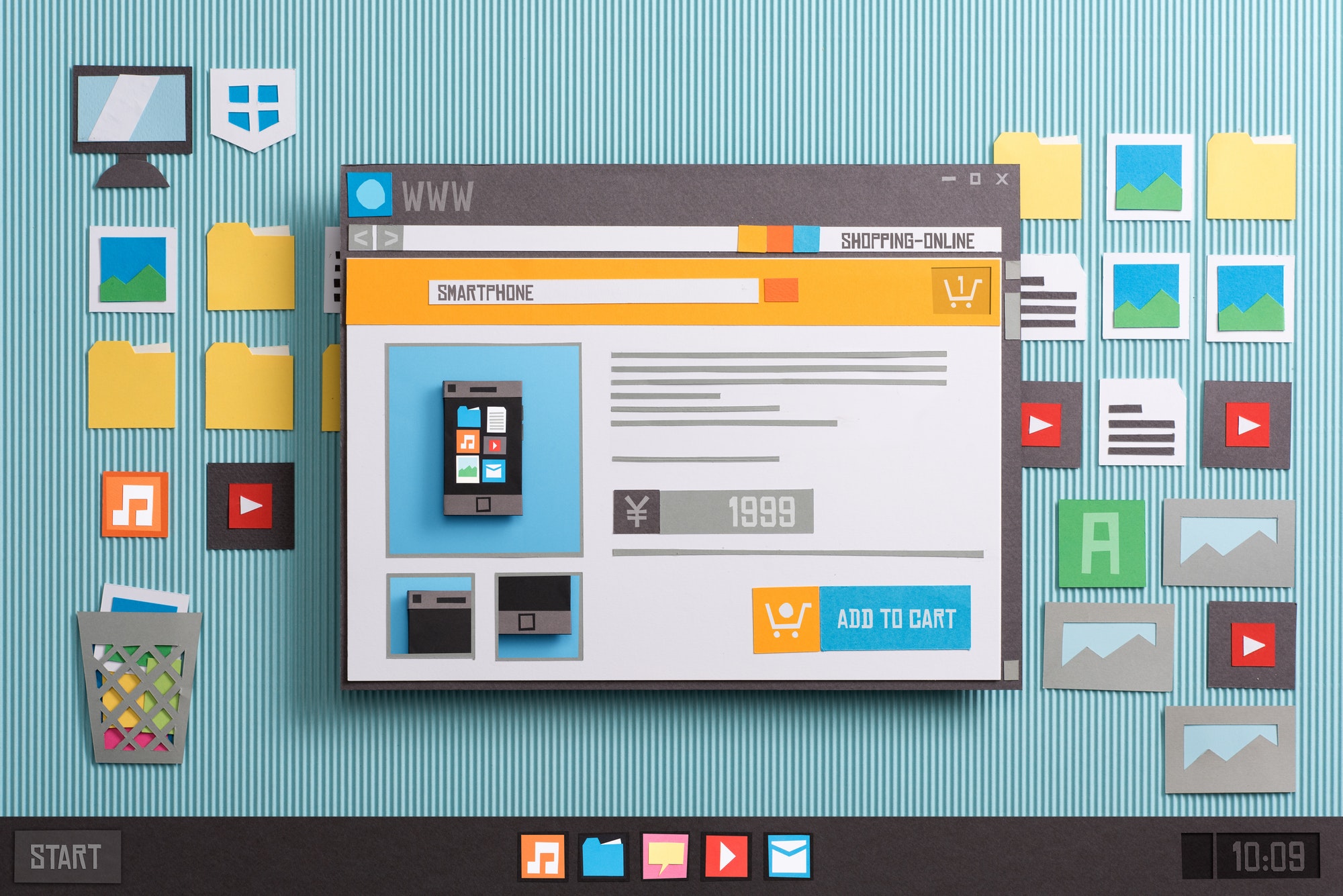
WordPress plugins are awesome. They add functionality to your blog, extending its base features to include everything from better SEO, social network integration, and website caching, to basic stuff like contact forms and anti-spam protection.
But you have to be careful, because too many plugins can weigh your blog down, and may even get you in trouble with your web host.
How Too Many Plugins Can Slow Down Your WordPress Blog
For my own blogs, I’ve always been very careful when it comes to things like bandwidth and CPU usage, and especially the overall experience for my visitors.
Each plugin you install adds more code to your blog, and leads to more database queries on your server. The more queries, the longer it takes for your page to load, and the longer your visitors have to wait. And, as we all know, the attention span of Internet users can be dismally low. Every second counts.
That’s why, on my own blogs, I try to keep the number of plugins and widgets realistically low, only using the ones I believe are absolutely necessary. That number usually hovers around five to eight, which itself may be too high, depending on the functionality of the plugins.
The point, however, is to choose your plugins wisely, and not overburden your server. Doing so may lead to something even worse than a slow-loading page.
How Plugins Can Affect Your Hosting
If you’re on a shared host, as I imagine many hobbyist bloggers are, you have to be careful.
Even if your host claims to provide “unlimited bandwidth” or “unlimited storage” or “unlimited everything,” here’s the simple truth: nothing is unlimited. In fact, the hidden danger lies not in storage, or even bandwidth, but in how much CPU time and server resources your blog uses, something web hosts rarely mention in their sales pitches.
Here’s why: On a shared server, your blog occupies the very same space as many other websites, potentially numbering in the hundreds. This means there is a very limited amount of resources available at any given time, spread between all those different blogs and websites.
Too many plugins on your own blog, or even an unoptimized plugin by itself, can drastically increase your blog’s resource footprint. This can, unfortunately, lead to a warning from your host, or even account termination. You’ll certainly want to avoid this, so use discretion when choosing your plugins.
While too many plugins may not always be the culprit, you need to consider every move you make on your blog. Question whether or not the plugin you’re about to install is absolutely necessary, and beware the unoptimized or out-of-date plugin.
If you stick to only what you need, and to only those plugins that have been tested and updated, you should be fine.
Source:
Personal experience as a blogger and server admin


